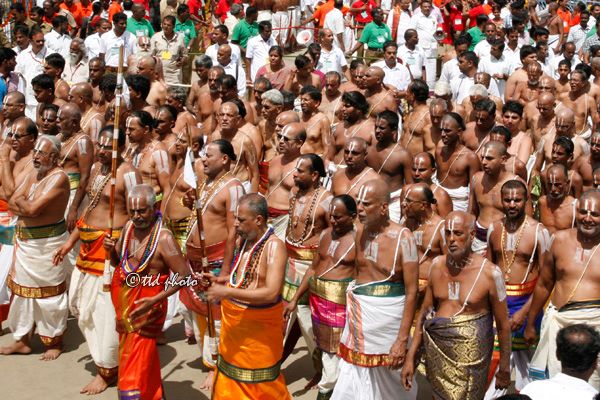Article by – Sri Anantha Madabhooshi Divya Prabandha Ghoshti The annual 9-day festival originally believed to be initiated by Lord Brahma Himself aeons ago, the Tirumala Brahmotsavam, continuously gets better in execution year after year. This festival is not like any other festival held in Tirumala for Lord Malayappa Swami. What makes this unique is Read More
Ads Blocker Detected!!!
We have detected that you are using extensions to block ads. Please support us by disabling these ads blocker.

